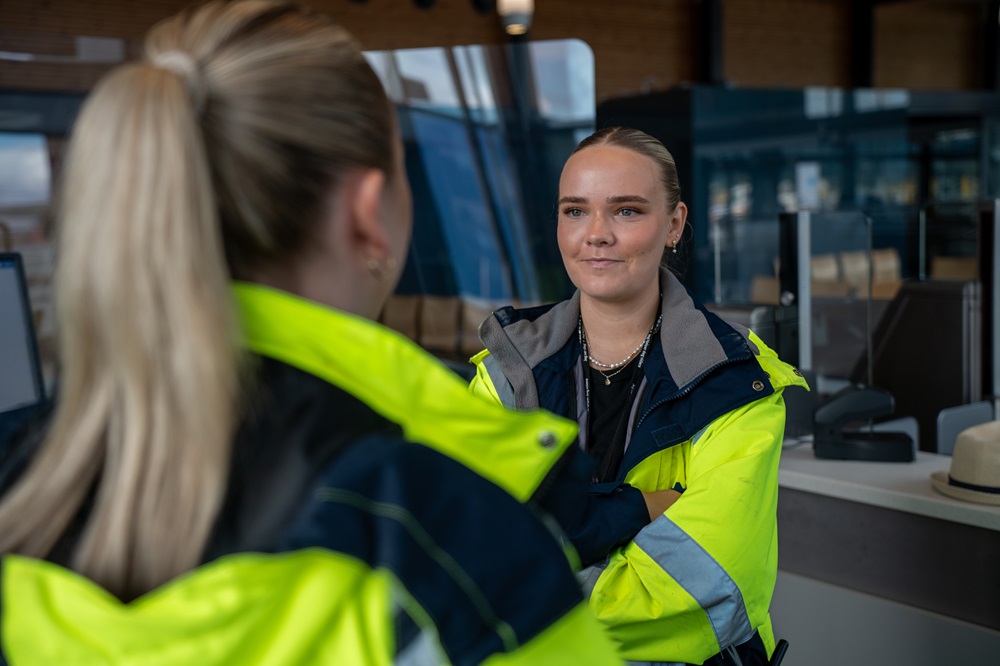Expert Strategies for Handling Unruly Passengers and the Hidden Costs to Aviation Safety
 The aviation industry is facing a growing challenge with unruly passengers, as reports show that 70% of these incidents involve aggressive behaviour. Recognizing this, Aviator Airport Alliance is applying expert strategies to address passenger behaviour issues, ensuring a safe and efficient experience for all passengers, crew, and ground handling staff.
The aviation industry is facing a growing challenge with unruly passengers, as reports show that 70% of these incidents involve aggressive behaviour. Recognizing this, Aviator Airport Alliance is applying expert strategies to address passenger behaviour issues, ensuring a safe and efficient experience for all passengers, crew, and ground handling staff.
Unruly passengers, who disrupt order by failing to follow rules or instructions, pose significant safety risks for themselves and others. Any kind of unruly or disruptive behaviour—whether related to intoxication, aggression, or other factors—introduces an unnecessary risk to aviation safety, potentially leading to severe consequences, including emergency landings. A single flight diversion can cost an airline between €10,000 and €80,000, not to mention the reputational damage and operational delays that follow.
“Unruly passengers are a rising global concern, most of unruly incidents involve aggression. With 90 seconds being the critical time required to evacuate an aircraft during an emergency, there is no room for error. That’s why a zero-tolerance policy for disruptive behaviour, aligned with IATA’s levels of threat, is strictly enforced,” explains Lina Nilsson, Corporate Training Coordinator for Passenger Services at Aviator Airport Alliance.
Unruly behaviour includes excessive drinking or drug use during or before the flight, not complying with crew instructions, being violent verbally or physically, and distracting the staff from their duties, which makes training essential for effectively identifying and handling such passengers. Aviator Airport Alliance has developed a comprehensive training program for ground handling staff, focusing on conflict management, early intervention strategies, and post-incident care.
“Our comprehensive training equips staff with the skills to recognize and manage unruly situations before escalation, ensuring a safe and seamless experience for all passengers," says Nilsson.
This training involves essential conflict management techniques, enabling staff to handle tense situations with de-escalation and stress management strategies. By recognizing passenger profiles and identifying triggers such as fatigue, intoxication, or anxiety, staff can proactively address potential issues before the situation escalates. Reinforcing safety protocols and a zero-tolerance policy for disruptive behaviours underscores the seriousness of such actions, ensuring that passengers understand the boundaries of acceptable conduct.
Clear communication strategies, including the use of appropriate tone and body language, empower staff to maintain control during conflicts. Additionally, scenario-based problem-solving exercises provide practical experience, preparing staff to respond confidently and appropriately to real-world situations. “Proactive prevention and early intervention can prevent many conflicts before they escalate. Active listening and maintaining emotional control are emphasized in the training, enabling staff to diffuse tension effectively. When conflicts arise, staff are trained to handle varying levels of aggression, from level 1, involving aggressive but manageable behaviours that can typically be addressed through verbal de-escalation techniques, to level 2, which includes highly challenging behaviours, often influenced by substances, requiring more advanced intervention skills,” states Nilsson.
Training for handling unruly passengers delivers several key benefits. It enhances safety by prioritizing the well-being of passengers, aircraft crew and ground handling staff, reducing risks during conflicts. It improves operational efficiency through effective conflict resolution, minimizing disruptions and supporting on-time performance. It equips staff with the confidence and teamwork skills to act decisively and maintain a calm, controlled airport and cabin atmosphere.
Aviator Airport Alliance, a full-range provider of aviation services at 15 airports across the Nordics and a member of Avia Solutions Group, specializes in ground handling, passenger services, and ensuring the smooth operation of air travel.
